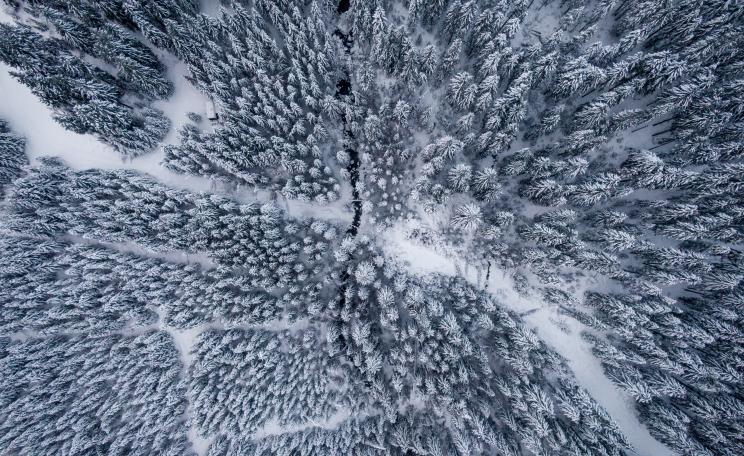Bovine TB is an animal welfare crisis – the latest government figures show that over 3,000 cows are culled every month. It causes suffering to cattle, has already caused more cattle deaths than foot and mouth disease and causes trauma for the farmers involved.
The Soil Association's position on TB and cattle is that the top priority must be to develop vaccines that will protect cattle and wildlife from this disease. We also believe more attention must be paid to increasing the positive health of cattle, through more humane management, so they are better able to resist TB and other diseases.
Bovine TB and the badger cull issue are part of a wider moral debate that needs to take place around the role of people in managing wildlife. We need to give serious consideration to how we interact with nature and how we make decisions that affect one species or another, whether intentionally or not. The way we manage and care for our farmed animals, wildlife, environment and each other is all interconnected - the debate around badgers, cows and Bovine TB highlights the challenges of taking a single species approach to conservation and animal welfare. We need to ensure as a society that we care for the welfare of all animals – domestic, farmed and in the wild.
Buying organic food is an important choice for everyone concerned about animal welfare, wildlife and conservation. It would not make sense for consumers to stop buying organic if they disagree with badger culling when independent reviews have shown that no other system of farming has higher animal welfare standards and government studies have shown that organic farms have up to 50% more wildlife. Organic farmers work with nature and employ techniques like mixed farming with better rotations, a greater number of crops, more hedgerows and avoiding pesticides, which all helps protect insects, birds and other wildlife.
The science surrounding the issue of badger culling is still contested. Farmers licensed by the Soil Association, the experts we work with and our supporters all have different views. As far as farmers licensed by the Soil Association are concerned, our standards cover all aspects of production, but not other things that happen on farms such as public access or controlling populations of animals like rats, rabbits, foxes or deer. We will not be making changes to our certification standards and decisions on whether to allow badgers to be culled on their land is something individual organic farmers will need to decide.
Helen Browning is head of the Soil Association
| READ MORE... | |
 |
NEWS ANALYSIS News investigation Badger cull a PR disaster for UK countryside, warn 'dissident' farmers A growing number of farmers are now questioning the nature of the cull and its effectiveness. And some are blaming poor biosecurity and intensive farming for the spread of TB in the UK cattle herd. Andrew Wasley and Sarah Stirk report |
 |
NEWS ANALYSIS COMMENT: Why the organic movement's badger cull stance threatens its image If the Soil Association joined those opposing the cull it would be able to brand its organic milk and dairy products 'badger friendly'- no doubt leading to a much needed boost in sales, says Dominic Dyer |
 |
NEWS ANALYSIS Wildlife in the firing line in global war against bovine TB Where there are cattle, there is the threat of bovine Tuberculosis (TB). The farming methods may differ greatly, but from the dairy farms of Ethiopia to the beef herds of Canada the race is on to find the best way to tackle the disease |
 |
NEWS ANALYSIS COMMENT: Boycotting organic farms over badger cull is 'counter-productive' Buying organic food is an important choice for everyone concerned about animal welfare, wildlife and conservation. It would not make sense for consumers to stop buying organic if they disagree with badger culling, says Helen Browning |
 |
COMMENT The great badger and bovine TB cover-up: is it really a health risk? With controversial plans to allow farmers to cull badgers later this year, Ed Hamer asks whether Bovine TB is really a health problem for either cows or humans |








